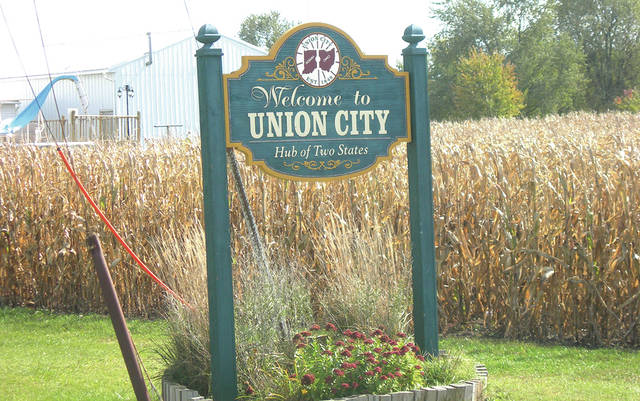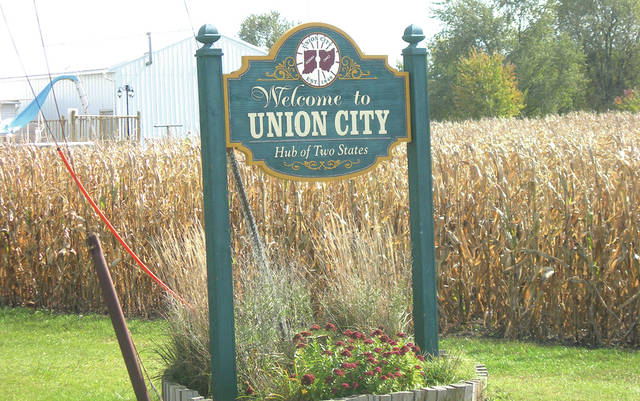

UNION CITY, Ohio — Union City council members passed a resolution raising the wage of city employees, discussed signing a contract for K-9 services, and started the process of applying for $250,000 in grant funds at their monthly meeting this week.
Council members passed a resolution raising the wage of city employees by 25 cents an hour, as well as ones upgrading the city’s internet connection speed and accepting job applications from two new police officers and a paramedic. Councilman Eric Rust attempted to prevent a .25 percent city tax rate increase from being put on the ballot later this year, but his motion failed by a margin of four to two.
The council also considered an ordinance authorizing the mayor to enter into a contract with Union City, Ohio K-9 Corporation, a tax-exempt entity created by police chief Mark Ater, for use of the police department’s K-9 officers and related equipment. The dogs, apparently, were purchased by Chief Ater and Officer Jeff Turner using a combination of their own personal funds and those donated by the community, rather than with city funds, with much of the equipment and training being donated by a business owned by Officer Turner. The use of the dogs is, in turn, leased to the city through the corporation.
This led to lengthy discussion among the board members as to whether the city bears legal responsibility for the dogs; whether community members knew that the dogs did not belong to the city when they donated the aforementioned funds; and whether Chief Ater’s tax exempt corporation should be allowed to use the city’s name in its title. Council ultimately voted to table discussion of the ordinance until Chief Ater could be present to answer questions.
Finally, Mote & Associates grants and funding specialist Susan Laux appeared to brief the council on its options for the coming application season. Laux said the city could be eligible for up to half of a $500,000 Neighborhood Revitalization Program grant. Darke County Commissioners send applications from two different communities to the state in consideration for this grant each year, Laux said, with the current deadline being April 25
Laux suggested soliciting input from the community in order to improve the chances of the city’s application.
“Tap into your citizens to find out what kind of projects they think are important,” Laux said. Laux suggested sending out a survey with the city’s monthly water bill in order to solicit these opinions.
She also said that dedicating some of the grant funds to improving the city’s parks could be a boon, since applications are given more weight depending on the number of citizens a project will impact. So, while improving a residential sidewalk or roadway, for instance, is only considered to impact those living in that immediate vicinity, the parks are a benefit to the whole community, and those projects are given greater weight accordingly.
The grants also provide funding for improving streets, curbs, catch basins, parking facilities, and demolishing blighted or dilapidated structures in order to improve the aesthetics of a neighborhood, according to Laux.
“I think it’s a great idea,” councilman Rust said following Laux’s presentation. “Definitely worth a shot.”
“I think the surveys are a good idea, as well,” councilman John Fields agreed. The council voted unanimously to send out the surveys with the following month’s water bill.





